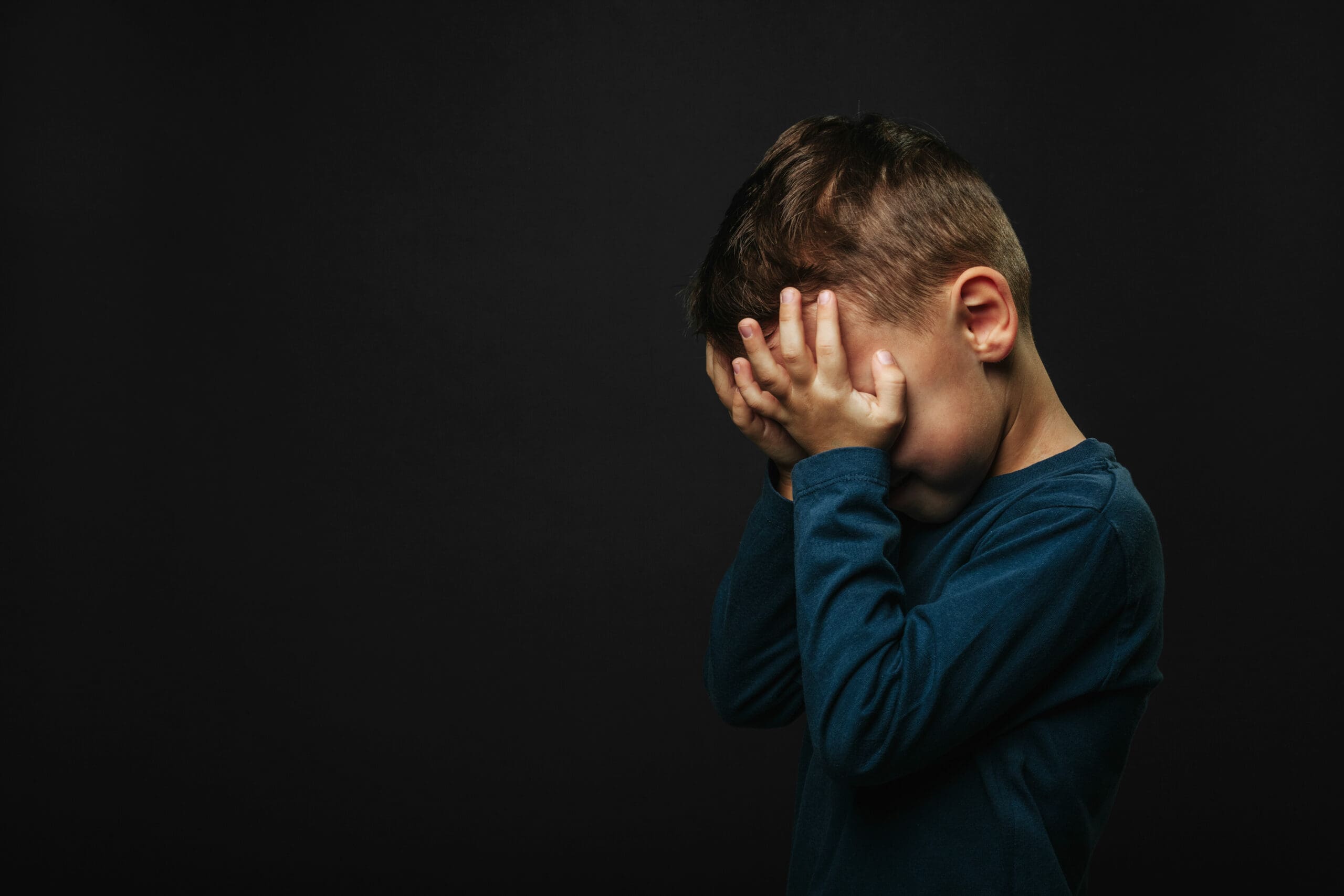The effects of the COVID-19 pandemic live on, touching nearly every aspect of society. The impact on one’s mental health due to the strain of isolation, financial difficulties and more, can’t be denied—both in adults and children, especially children of color.
Children’s hospitals around the country have noticed an alarming rise in the number of children who need mental health attention. Add limited mental health resources to the mix, and the situation seems dire.
“I’ve never seen this in my entire career,” said Jenna Glover, director of psychology training at Children’s Hospital in Colorado. She continued in a report by CNN Health that things got so bad that in May, the hospital declared a “state of emergency.” The number of kids treated for anxiety has doubled and depression has tripled, compared to pre-pandemic levels. While the numbers have dwindled recently, the hospital is concerned about the possibility of another spike once school starts this fall.
Colorado isn’t the only state affected. Wolfson Children’s Hospital in Jacksonville, Florida, experienced a 300% increase in behavioral health admissions since spring of last year, reports CNN.
Nationally, the U.S. Centers for Disease Control and Prevention report that emergency visits for suspected suicide attempts during February and March of 2021 were more than 50% higher for teen girls and up 4% for teen boys, compared to 2019. In March, Seattle Children’s reported seeing one or two patients every night for attempted suicide.
Exacerbating the problem are limited mental health resources for kids. Even before the pandemic, studies have shown it can sometimes take months for a child to get an initial appointment with a therapist. Particularly at risk are those who don’t get treatment at all, due to a litany of circumstances.
“It’s the ones who can’t access help that the world should worry about,” says Dr. John Walkup, chair of the Pritzker Department of Psychiatry and Behavioral Health at Ann & Robert H. Lurie Children’s Hospital of Chicago. “Those kids, when you take away school, family support, income support, food support, housing support, or they lose a relative, those kids really become symptomatic in a big way.”
Thankfully, states like Colorado are doing something about the issue. After the Children’s Hospital declared a state of emergency, the state set aside about $500 million of the money Colorado received from the federal American Recovery Act plan for improved behavioral health assistance for adjusts and kids.
If you or someone you know might be at risk of suicide, call the National Suicide Prevention Lifeline at 800-273-8255, text TALK to 741741 or visit SpeakingOfSuicide.com/resources for additional information.







